Lately, there’s been a notable increase in VPN utilization as people search for extra ways to protect their online privacy and security. Despite being commonly regarded as a safe means to access the internet, a vital question emerges: Can a VPN be vulnerable to compromise?
It’s a valid concern, as a hacked VPN could potentially expose sensitive information to cybercriminals. Let’s take a closer look and discover the answer to this important question.
Table of Contents
Can a VPN be Hacked?
VPN Security and Encryption
VPNs use encryption to secure the data that is transmitted between the user’s device and the VPN server. Encryption scrambles the data, making it unreadable to anyone who intercepts it. The level of encryption used by a VPN can vary, but most VPNs use strong encryption protocols, such as AES-256.
VPN Leaks
Despite the encryption, potential vulnerabilities still exist, particularly with the possibility of leaks. A VPN leak occurs when the user’s real IP address or other identifying information is exposed. There are several types of VPN leaks, including DNS leaks, WebRTC leaks, and IPv6 leaks.
So, when people ask, “Can a VPN be hacked through leaks?”, the answer is yes, these leaks can be a potential entry point for hackers. VPN providers can take steps to prevent these types of leaks, but it’s important for users to be aware of the risks and take measures to protect themselves too.
Overall, while VPNs are generally considered to be secure and reliable, they’re not invulnerable to hacking attempts or vulnerabilities. It’s vitally important to choose a reputable VPN provider to help protect yourself from any potential leaks.
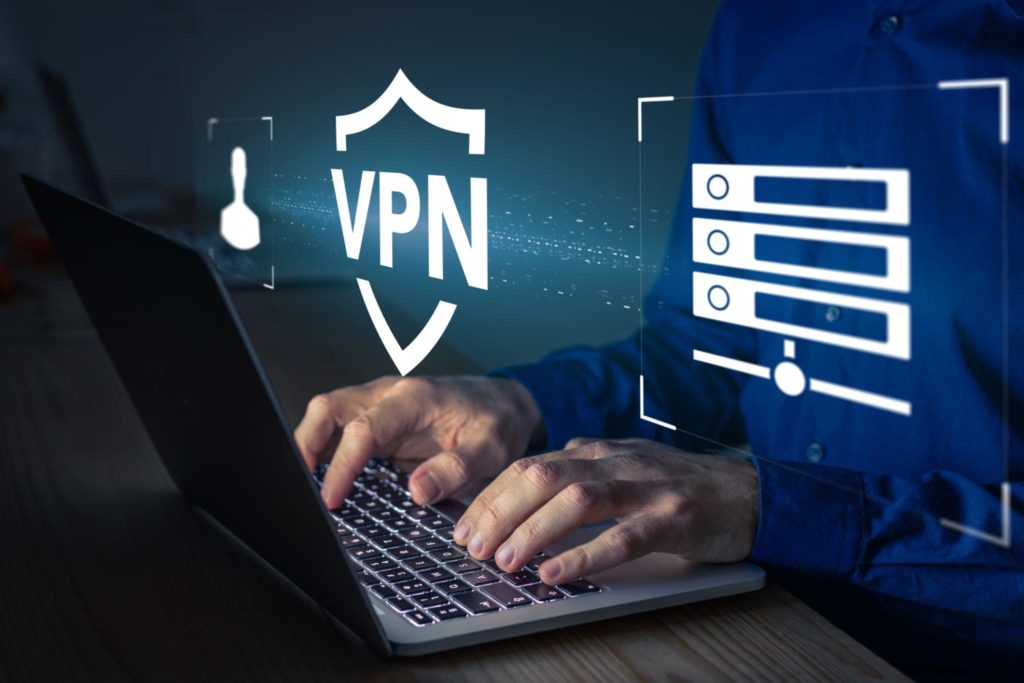
How VPNs Protect Against Hacking
VPN Encryption Protocols
VPN encryption protocols are the backbone of VPN security. They are responsible for encrypting all data that passes through the VPN tunnel. VPNs use different encryption protocols, including OpenVPN, L2TP/IPSec, and PPTP.
OpenVPN is the most secure protocol, as it uses military-grade encryption and is open-source. L2TP/IPSec is also secure, but it’s slower than OpenVPN. PPTP is the least secure protocol and is no longer recommended for use.
No-Logs Policy
A no-logs policy is a crucial feature of VPNs that protects against hacking. It means that the VPN provider does not keep any records of your online activity, including your IP address, browsing history, and connection timestamps.
This ensures that your data is not accessible to anyone, including hackers, even if the VPN server is compromised. When people wonder, “Can a VPN be hacked to retrieve logs?”, if a strict no-logs policy is in place, there will be no logs to retrieve regardless of any hacks.
VPN Server Security
VPN server security is another critical factor in protecting against hacking. VPN servers can be targeted by hackers, and if they are compromised, hackers can access all the data that passes through the server. We consider this to be one of the most important security checkpoints of all within a VPN service.
VPN providers use different security measures to protect their servers, including firewalls, intrusion detection systems, and multi-factor authentication. They also regularly update their software to patch any vulnerabilities. It’s 100% essential to choose a VPN provider that takes server security seriously.
In conclusion, VPNs protect against hacking by using encryption protocols to secure data, implementing a strict no-logs policy to protect user privacy, and ensuring that their servers are secure. When choosing a VPN, it’s essential to examine all of these factors to ensure that your online activity is protected.
Risks of Using Disreputable VPN Services
Third-Party Involvement
When using an unreliable VPN service, users are at risk of third-party involvement. This means the VPN service provider may share user data with third-party entities, such as advertisers, without the user’s knowledge or consent. It can result in targeted advertising, unwanted spam, and potentially harmful phishing attempts as well.
Malware and Viruses
Disreputable VPN services may also expose users to malware and viruses. These services often lack proper security measures and may not regularly scan for harmful software. As a result, users may unknowingly download malware or viruses onto their devices, which can compromise their personal information and leave them vulnerable to cyber attacks.
Data Breaches
Another significant risk of using unreliable VPN services is data breaches. If a VPN service doesn’t have adequate security measures in place to protect user data, it may leave itself vulnerable to cybercriminals. In the event of a data breach, users’ personal information, such as login credentials and financial information, can be compromised and used for fraudulent activities.
To mitigate these risks, users should only use reputable VPN services with a proven track record of protecting both user privacy and user security. It’s also essential to keep your devices updated with the latest security patches and to avoid downloading software or clicking on links from unknown or suspicious sources.
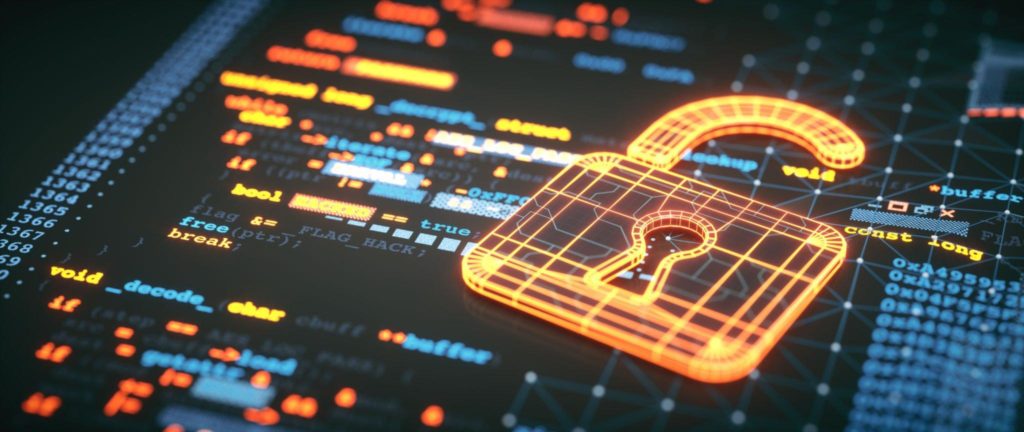
Best Practices for VPN Security
When it comes to using a VPN, there are several best practices that users can follow to ensure their online security and privacy. Here are some of the most important ones…
Choosing a Reputable VPN Provider
Arguably the most important thing to consider when using a VPN is simply which VPN provider you choose at the outset. Not all VPN services are created equal, and some may not be as secure as others.
It’s crucial to choose a reputable provider with a proven track record of keeping user data safe and secure. Look for a VPN provider that uses strong encryption, has a no-logs policy, and offers features like a kill switch to protect your connection if the VPN drops.
Using Strong Passwords and Two-Factor Authentication
Two more important aspects of VPN security are strong password requirements and two-factor authentication (2FA). The best VPNs will use both of these.
A strong password is one that’s at least 12 characters long and includes a mix of upper and lowercase letters, numbers, and symbols.
2FA adds an extra layer of security by requiring a second form of authentication, such as a code sent to your mobile phone, in addition to your password.
Avoiding Public Wi-Fi
Public Wi-Fi networks are notoriously insecure, and using them without a VPN can put your personal data at risk. When using public Wi-Fi, it’s important to connect to a VPN to encrypt your traffic and protect your privacy.
Even if you do use a VPN while on public Wi-Fi, it’s still safest to avoid logging into sensitive accounts like email or banking, and to never enter personal information like credit card numbers or passwords. This way, even if there is a leak or an inadvertent drop, you won’t expose extremely sensitive information.
By following these best practices, you can ensure you’re using the most secure VPN connection possible to protect your online privacy and security.
Conclusion
VPNs work by encrypting data that is sent between a user’s device and the VPN server. This encryption is designed to make it difficult for anyone to intercept or read the data, including hackers.
However, no security measure is foolproof, and there certainly have been cases where VPNs were hacked. This can happen if the VPN provider has weak security protocols or if the user’s device is compromised in some way.
So, can a VPN be hacked under these circumstances? Yes, especially if there are vulnerabilities in the system. Remember, a little caution upfront can go a long way.
Frequently Asked Questions
Can a VPN be hacked?
While VPNs are designed to be secure, no technology is completely impervious to hacking. However, reputable VPN providers use strong encryption and security protocols to protect user data. The risk of a VPN being hacked is low, especially if you use a trusted provider and follow best practices for online security.
How secure are VPNs?
VPN security depends on the encryption and security protocols used by the provider. Reputable VPN services use strong encryption and security protocols, such as OpenVPN and IKEv2, to protect their users’ data. However, the security of a VPN also depends on user behavior.
For example, using weak passwords or clicking on suspicious links can compromise security , regardless of a VPN.
Is it possible for someone to spy on you through a VPN?
It is highly unlikely that someone can spy on you through a VPN, especially if you use a reputable provider and follow best practices for online security. However, it is possible for a VPN provider to monitor your online activity. That’s why it’s important to choose a provider with a strict no-logging policy.
What are the risks of using a hacked VPN?
Using a hacked VPN can expose your online activity to hackers, who can then steal your personal information or use your device for malicious purposes. Hacked VPNs can also compromise the security of your network, putting your other devices at risk.
Can hackers use VPNs to carry out attacks?
Yes, hackers can use VPNs to carry out attacks. By using a VPN, hackers can hide their location and identity, making it harder for law enforcement to track them down. However, reputable VPN providers have measures in place to prevent their services from being used for malicious purposes.
Are free VPNs vulnerable to hacking?
Free VPNs tend to be more vulnerable to hacking than paid VPNs, as they often have weaker encryption and security protocols. Free VPN providers may also log your online activity and sell your data to third parties (which may be why they are free in the first place), compromising your privacy and security.
It’s important to choose a reputable VPN provider and pay for a subscription to ensure the highest level of security.
- Can VPN be Hacked? Here’s What You Should Know - February 27, 2026
- What VPN Works with MLB TV: Ultimate Guide for Fans - February 27, 2026
- Hyperliquid: Understanding the New Wave of Advanced Liquidity Solutions in Finance - February 27, 2026
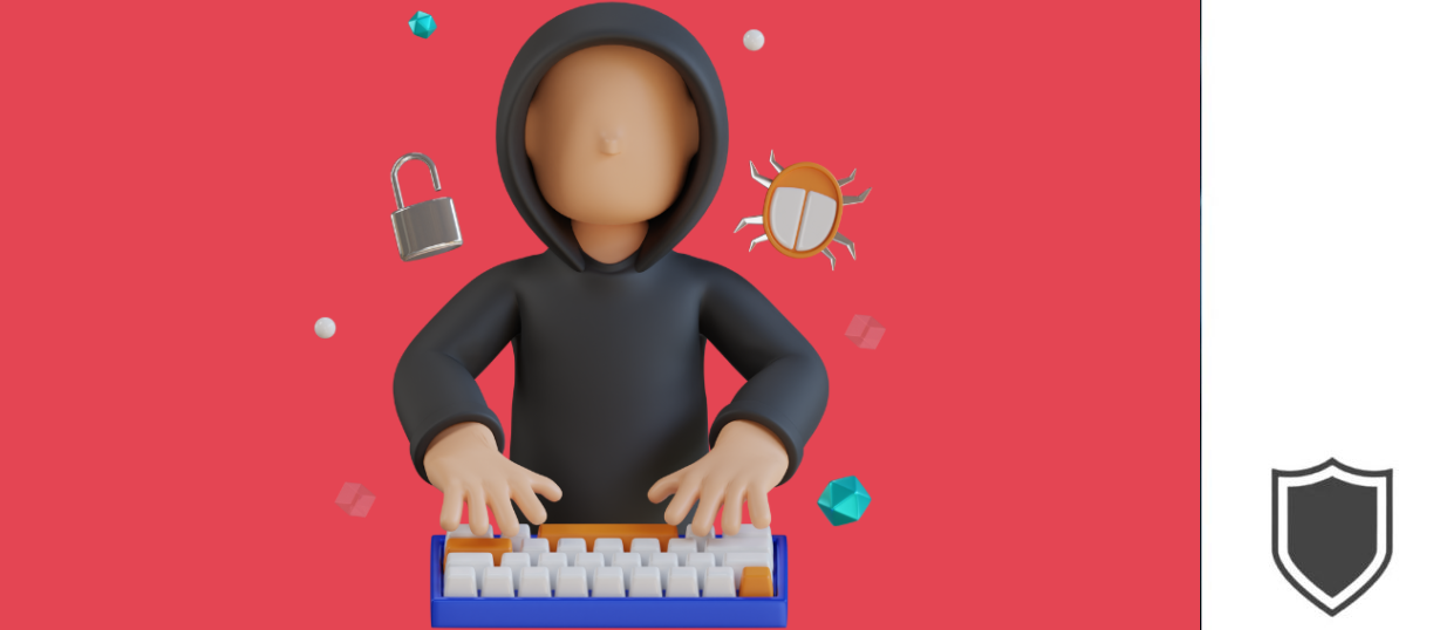


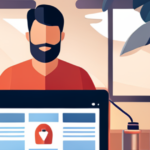

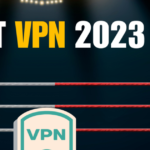



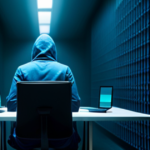
1 thought on “Can VPN be Hacked? Here’s What You Should Know”